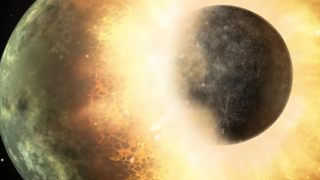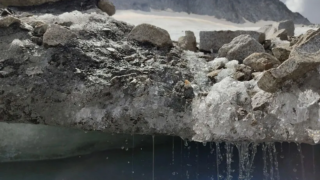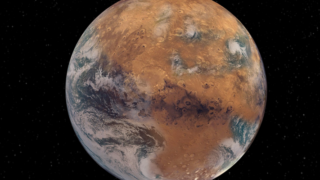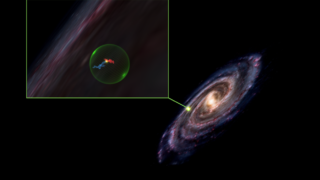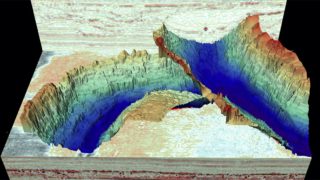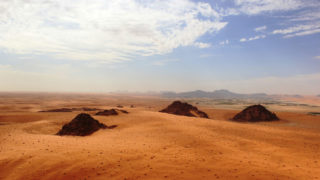
MI weekly selection #441
Organic molecules detected in Curiosity collection A soil sample collected by the Curiosity rover at Bagnold Dune contained organic molecules, the first ever detected on Mars. Instead of dropping the sample into an empty cup, scientists decided to put the sample into a cup prepped with a chemical reagent, which revealed organic molecules not detected […]

